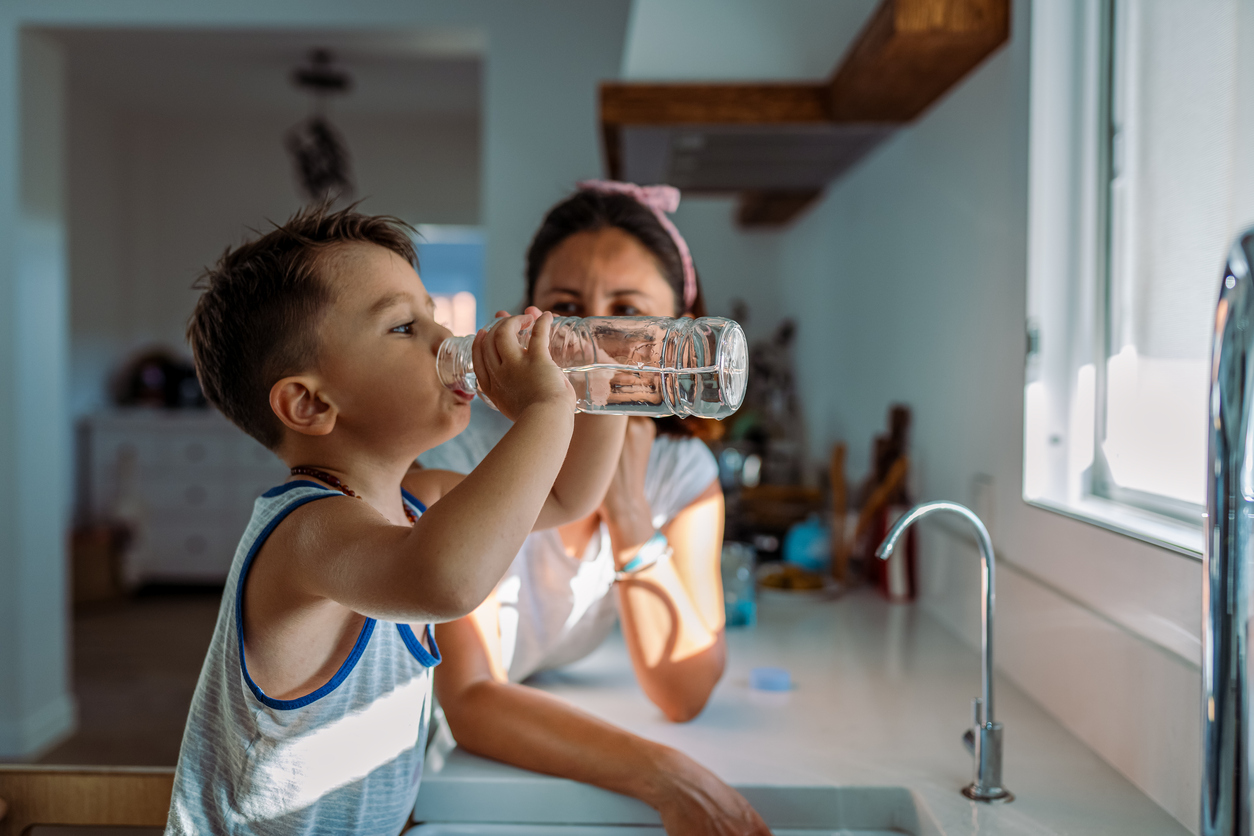Philanthropy Northwest invites eligible organizations to apply for its Thriving Communities grants! Over three years, we will award $48 million in grants to tribal nations and communities who have been negatively impacted by environmental changes in Alaska, Idaho, Oregon and Washington.
Call for Applications
We are currently accepting applications for all three grant types. Round 2 applications for Types 1, 2 and 3 grants are due February 28, 2025. Please note this round is the last opportunity to apply for Type 3 grants.
Examples of what can be funded include projects that improve air or water quality, increase access to quality nutrition, provide green job training, offer youth environmental justice programming, support healthy homes and more. For a more detailed list of eligible and ineligible activities, see the FAQ.
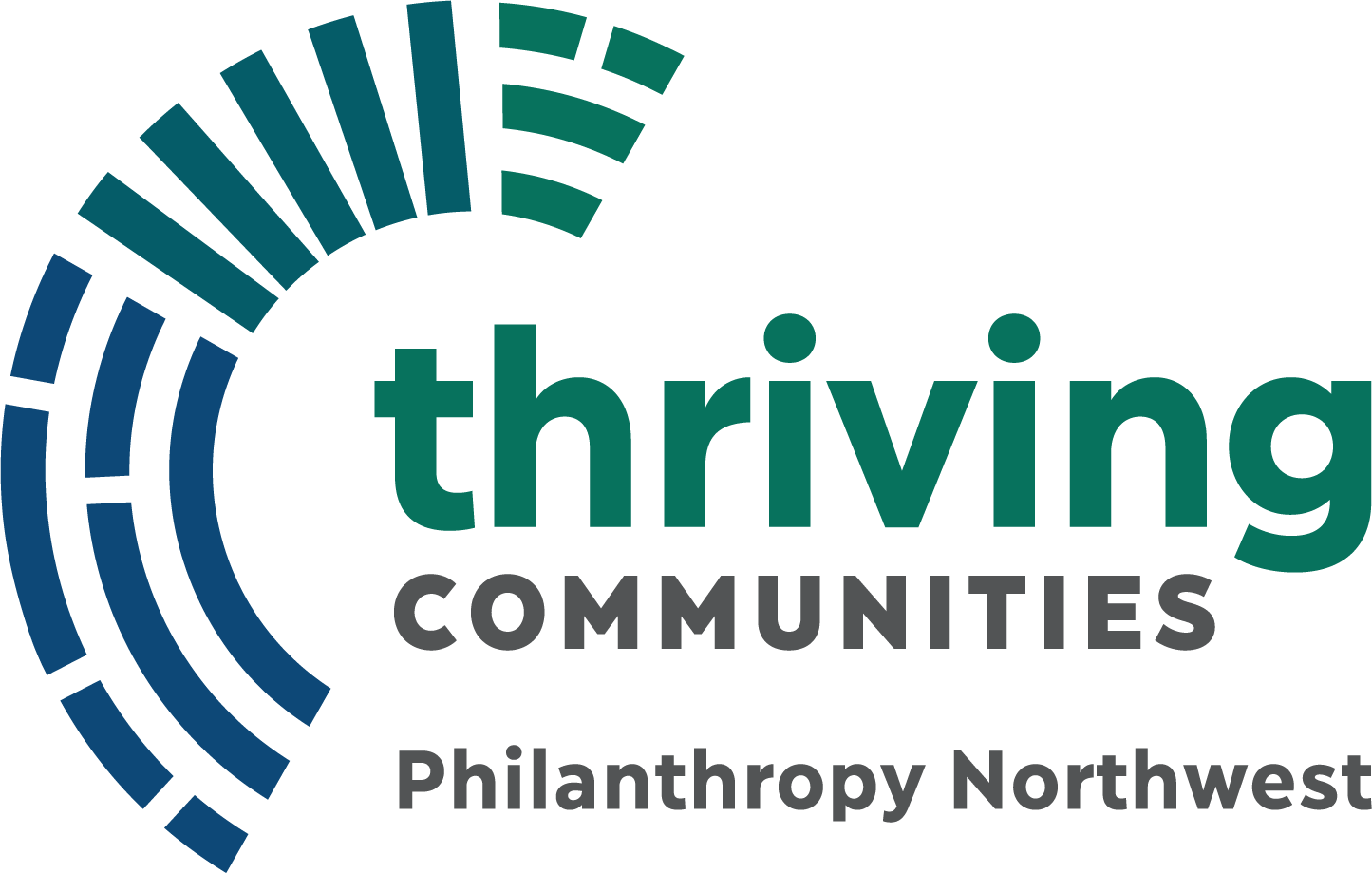
Who Is Eligible
• Tribal nations
• Nonprofit organizations
• Local governments
• Higher educational institutions
Who Is Ineligible
• Individuals
• For-profit businesses
• State governments
Award Types
With these Thriving Communities grants, we aim to fund community-led projects that support the just treatment and meaningful involvement of all people in shaping the places where they live, work and play. We are now accepting all three grants types.
See the FAQ for application deadlines and award dates.
Development (Type 3)
Award: Up to $350,000
Length of grant: 2 years
Example projects:
• Blueprints for construction or cleanup projects, schematics, and technical development
• Work to get permits in place for an environmental project
• Smaller land purchases and acquisitions that require less than half of the total grant (up to $175,000)
• Implementation of project plans
• Public outreach and education on your community’s environmental justice issue
• Clean up and restoration work
Planning (Type 2)
Award: Up to $250,000
Length of grant: 1-2 years
Example projects:
• Partnership building
• Public outreach and education
• Coordination with community members to address environmental issues
• Training activities for community organizations and community members
• Projects and activities to spur community involvement, like cleanup of vacant lots
• Smaller land purchases and acquisitions that require less than half of the total grant (up to $125,000)
Assessment (Type 1)
Award: Up to $150,000
Length of grant: 1 year
Example projects:
• Research, qualitative and/or quantitative*
• Sampling*
• Testing*
• Monitoring*
• Investigations*
• Surveys and studies
• Public education
(* indicates a Quality Assurance Project Plan, or QAPP, may be required)
Note: All projects must be complete and grant funds spent by July 31, 2027. A limited number of $75,000 grants will be available for community-based organizations that are severely capacity-constrained.
Want to Connect?
If you have questions or would like to discuss your project plans, please reach out directly to your program officer:
For Alaska or Oregon, contact Jacquie Braden.
Location: Anchorage, Alaska
Time zone: Alaska
Phone: 907-318-2923
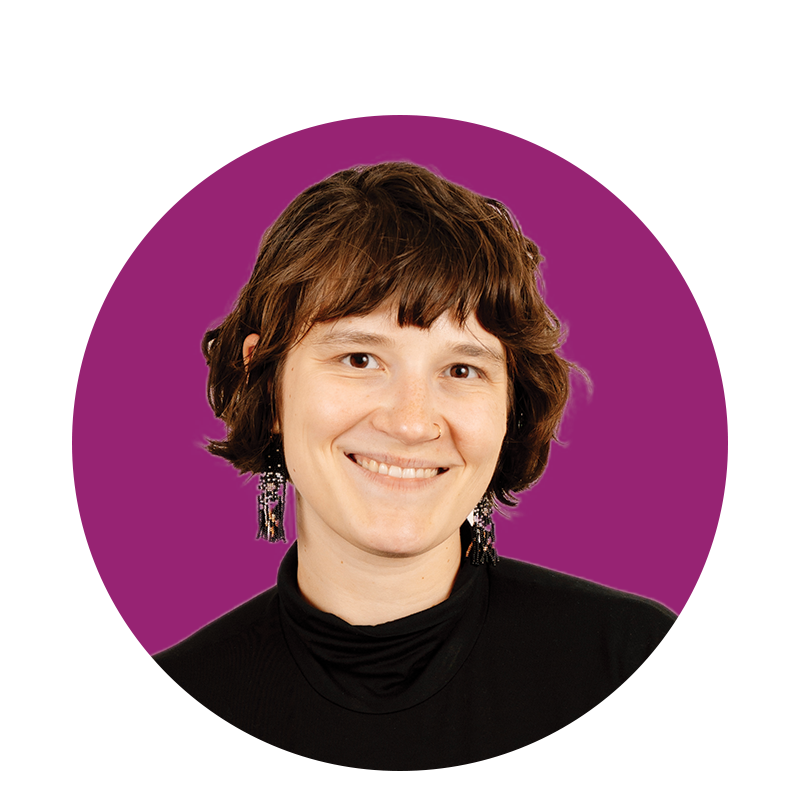
For Idaho or Washington, contact Jason Pretty Boy.
Location: Boise, Idaho
Time zone: Mountain
Phone: 206-558-5136
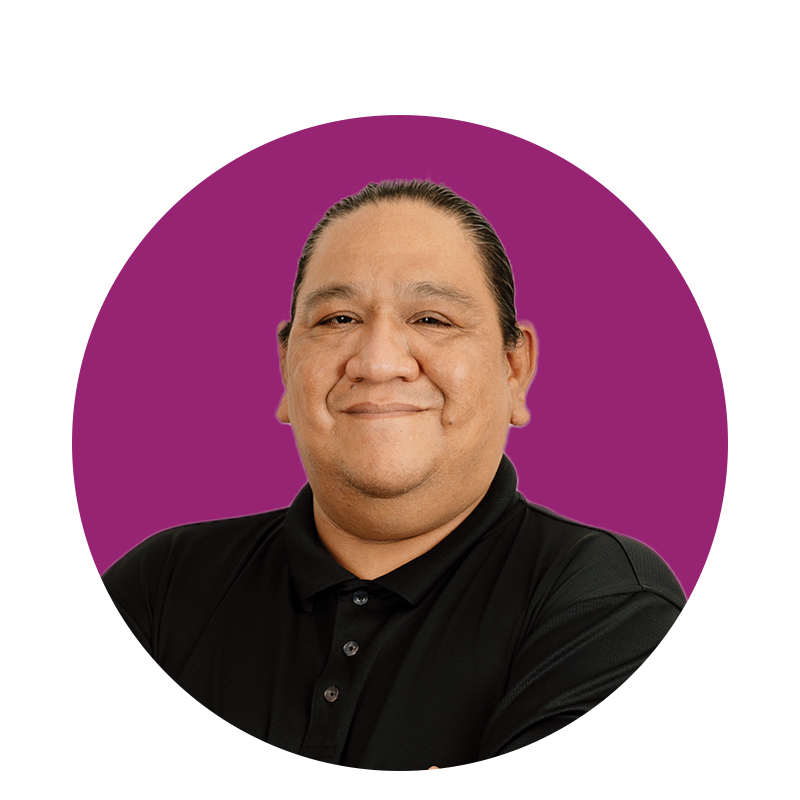
For tribes in any area, contact Melissa Koepp.
Location: Rainier, Washington
Time zone: Pacific
Phone: 206-558-5367
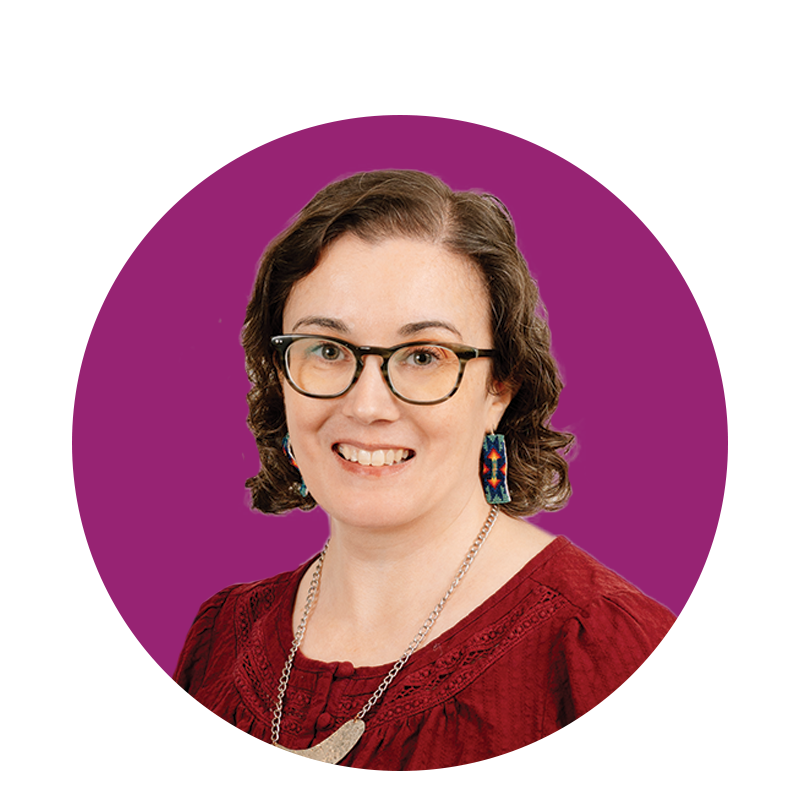
More About Thriving Communities
Philanthropy Northwest was selected by the EPA to administer its Environmental Justice Thriving Communities Grantmaking Program, which was created by the Biden-Harris administration through the Inflation Reduction Act. We are one of 11 organizations across the country working with communities, technical assistance providers, and partners to steer these funds to where they can make the greatest difference.
Want to help us spread the word? Check out our toolkit!
Stay Informed
To receive updates about the grant application process and informational sessions, please subscribe to our emails and continue to check our website for updates.
Translated Application Information
Translated Grant Application
Philanthropy Northwest is committed to providing an inclusive and welcoming environment for all members of our community. We do not discriminate on the basis of race, color, national origin, sex, age or disability in any of our programs or activities.
In accordance with federal and state laws, and to ensure that we continue to uphold these values, Philanthropy Northwest has designated a civil rights coordinator. If you have any questions or concerns regarding our non-discrimination policies, or if you need to file a complaint, please contact: Lyn Hunter at CivilRightsCoordinator@philanthropynw.org or mail Lyn Hunter, Thriving Communities, Philanthropy Northwest, 600 University St., Suite 1725, Seattle, WA 98101.
